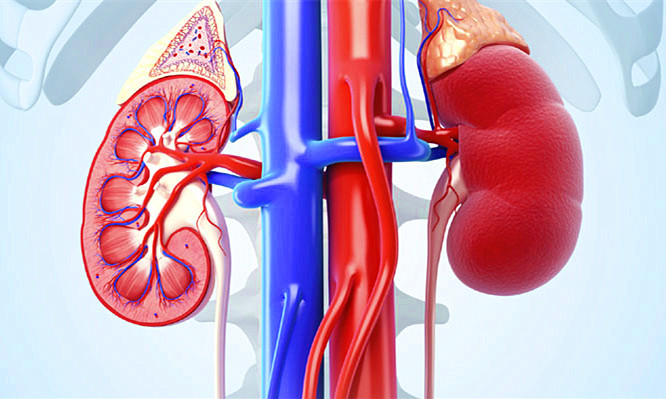EUSA bags EU approval for kidney cancer drug
August 30, 2017
Source: open-medical
 789
789

The European Commission has licensed EUSA Pharma’s Fotivda for the management of adult patients with advanced kidney cancer across the European Union as well as Norway and Iceland.
Fotivda (tivozanib) is indicated for the first line treatment of adults with advanced renal cell carcinoma (RCC) and for those who are VEGFR and mTOR pathway inhibitor-naïve following disease progression after one prior treatment with cytokine therapy.
The drug is an oral, once-daily, vascular endothelial growth factor (VEGF) tyrosine kinase inhibitor being assessed across multiple tumour types, to which EUSA licensed certain rights from US group AVEO Oncology in 2015.
According to the firm, it is a potent, selective and long half-life inhibitor of all three VEGF receptors and is designed to optimise VEGF blockade while minimising toxicity to healthy tissues, “potentially resulting in improved efficacy and minimal dose modifications”.
Fotivda’s clearance rides on the back of data from a Phase III trial which evaluated its efficacy and tolerability compared to a currently available comparator VEGFR-TKI treatment (sorafenib; Bayer’s Nexavar) in the treatment of 517 patients with advanced RCC.
Results showed that patients treated with Fotivda experienced superior progression free survival – 11.9 versus 9.1 months in the overall population and 12.7 versus 9.1 months in treatment naïve patients – versus Nexavar.
According to EUSA, the drug also scored better on side effects, with only 14 percent versus 43 percent of patients taking Nexavar requiring a dose reduction due to adverse events. Also, fewer people experienced burdensome side effects, such as diarrhoea (23 percent vs 33 percent), and hand-foot syndrome (14 percent vs 54 percent), the group noted.
Fotivda’s approval is “excellent news” for patients with metastatic RCC, said Dr Bernard Escudier, medical oncologist and member of the Genitourinary Tumour Board of Gustave Roussy, France.
“Outcomes in this disease have greatly improved with the introduction of targeted therapies, meaning that patients are living for longer. However, we are still in need of effective and well tolerated new treatments in metastatic RCC and thus, tivozanib is a welcomed addition.”
By DduRead more on
- CRUK researchers develop new early-stage rectal cancer treatment December 12, 2020
- Study Discovers New Mechanism of Immune System to Fight Disease September 3, 2018
- J&J Prepares for Appeal after Judge’s Multibillion-Dollar Verdict Against its Talc Defence August 27, 2018
- Breakthrough Device Designation Granted to Digital Intervention for Alzheimer’s August 27, 2018
- FDA Approved Eye Drop Oxervate to Treat Neurotrophic Keratitis August 27, 2018
your submission has already been received.
OK
Subscribe
Please enter a valid Email address!
Submit
The most relevant industry news & insight will be sent to you every two weeks.



